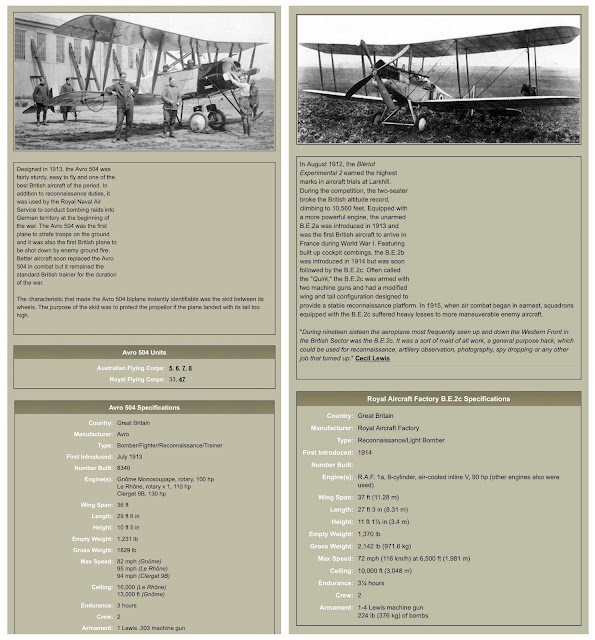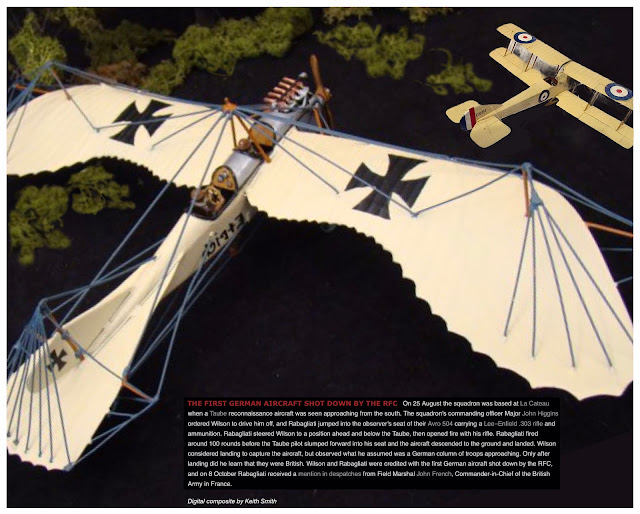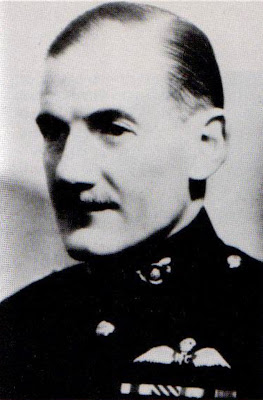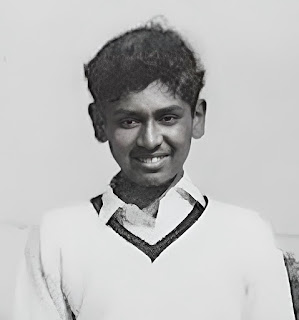CHARNEY HALL Our own James Bond
Post updated 11 Feb 2025 - E Rabagliati’s in CH Notes Nov 1917 with 2 additional articles
Below are displayed extracts from Charney Hall Notes dated 1914 and 1927.
They relate to information about old boys during WW1 (1914-1918).
I have the distinct feeling that this post will be greatly expanded in the near future…
In the 1914 edition the obituary of Capt. T H Preston (CH 1890-1894) who was killed in Flanders on 17 November 1914 records that he was the younger brother of Lieut. J S Preston (CH 1889?-1893) who died at Dewetsdorp, South Africa on 27 June 1900. During the years 1891/92 they were in the second set together at Charney Hall only 17 months separated them. Sadly they died at the ages of 33 and 21 respectively.
James Bond - Ltn Colonel Cuthbert Euan Charles Rabagliati MC AFC Légion d’honneur (b. 1 Jan 1892 Bradford - d. 6 Jan 1978 Mouans-Sartous, France). In the 1911 England Census he was recorded as being at the Royal Military College, Sandhurst, 19 years old, one of the many ‘Gentleman Cadets’. Having received his commission he joined the King’s Own Yorkshire Light Infantry. He was sent home on sick leave after 18 months with his regiment in France but returned less than 2 months later with a private Flying Certificate* and joined 5 Squadron in the Royal Flying Corps!
Flying machines were in their infancy. Constructed from the lightest materials with the strongest strength- to-weight ratio available at the time, their delicate wings, almost gossamer-like in construction, were the antithesis of Edwardian building technology. It was scarcely over 10 years before, that the Wright brothers had made their first flight at Kitty Hawk, North Carolina in December 1903 - all of 180 feet.
At some point Euan was given the nickname ‘The Rabbi’, most probably a corruption of ‘Rabagliati’.
Euan’s grandfather Giacomo Gaetano Francesco Rabagliati (b. Jan 1797 Genoa, Italy d. London Oct 1868) had fled Italy as a political refugee and settled in Edinburgh, Scotland. His son Andrea Carlo Francisco became a well known and much respected Physician and Surgeon in Bradford where Euan was born. Dr Andrea raised a very talented family as Euan’s elder brothers became a King’s Councel , a doctor in Durban, SA and a veterinary surgeon. Their only sister Catherine was to serve as Alderman of Westminster City Council from 1945 and was twice Mayor of Paddington. She was awarded an MBE for her political services.
With reference to CH School lists Euan attended Charney Hall in the years 1905-1906. The average age in the second and first sets was 12yrs 5mths and 13yrs 3mths respectively so Euan was a mature student!
After carrying out some precursory research on the internet I began to realise that I had discovered a James Bond character who led a life on the edge, well beyond the imagination of most people - the subject of a future Hollywood or Netflix film?!
- A Sandhurst officer
- One of the first men to gain a pilot’s licence
- An RFC aviator in WW1, who it was recorded, shot down the first German ‘plane on 25 August 1914
- A lieutenant-colonel in the Army and a Squadron Leader in the RAF who was awarded the MC, AFC and Légion d’honneur
- A man who was thrice married
- An underwriting member of Lloyd’s of London
- A racing car driver who in 1930 competed on the famous Brooklands track and was almost killed in one of its worst accidents
- A member of both the Reserve of Air Force Officers and of Army Officers
- A spymaster with the Secret Intelligence Service (MI6) in charge of Holland and Denmark in WW2 (1940-1949)
- A post war British Vice-Consul in San Francisco
- A President of the British American Trade Centre, San Francisco
A man who retired to a modest inconspicuous villa near Cannes in the South of France and who, it is quite possible, lived a life there without any of his neighbours discovering what an amazing life he had led!
……. and all this from a name, found on a School Year List, of a small boy of 13 who attended Charney Hall School in 1905/6!Well worth a read :
https://en.wikipedia.org/wiki/Euan_Rabagliati
https://alchetron.com/Euan-Rabagliati#Early-life-and-education
Our own James Bond:
https://www.militaer-wissen.de/royal-flying-corps/?lang=en
*’In order to take a 'ticket' a pilot has to pass three tests. He first has to fly solo in five figures of eight, this involving right and left hand turns, and finally stop on landing within fifty yards of a given mark. He then has to ascend and repeat the performance; and finally, rising a third time to a height of over 350 feet, he must switch off his engine and make a volplane or glide to earth. Should all of these tests be passed to the satisfaction of the official witnesses, a form is filled in and sent up to the Royal Aero Club, together with a cheque, and in due course the pupil becomes a certified aviator, qualified to fly at exhibitions and race meetings, and a person of no small importance in his own eyes. But he has yet a long way to go before he graduates as a flying officer of the R.F.C.’



















Comments